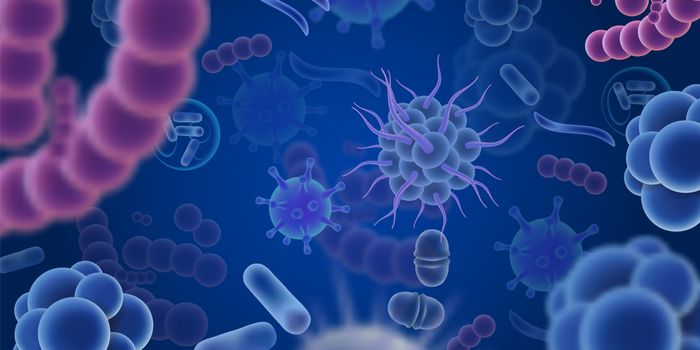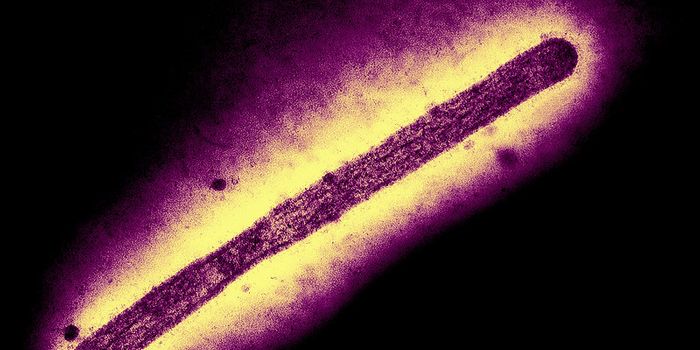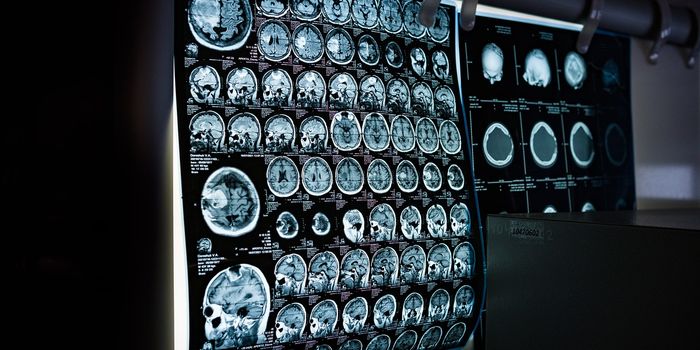A large number of people diagnosed with depression experience an inability to feel pleasure, and antidepressants don't seem to be helping. A new study from Emory Health Sciences has shown that inflammation in the brain is causing the disconnect, and anti-inflammatory drugs could reverse the effect.
"Anhedonia," also know as the loss in interest of previously pleasing activities like talking with friends, being outside or listening to music, is a common symptom of people with major depressive disorder (
Psychology Today). Newly linked to inflammation, prior to this discovery doctors were unsure why antidepressants did not solve this problem associated with depression.
In a study published this month in
Molecular Psychiatry, scientists from Emory looked at brain images of 48 patients diagnosed with depression to investigate the potential of this "inflammatory depression." They analyzed the levels of c-reactive protein (CRP), an inflammatory marker produced by the liver in response to inflammation in the body (
MedlinePlus). They collected brain images of their participants while they were not on any antidepressants or other drugs and compared the images to their CRP levels.
A clear connection was made between patients experiencing and reporting anhedonia and high levels of CRP circulating in their blood. In addition, brain images from these patients showed "low functional connectivity" between two regions of the brain related to motivation and reward. Patients with low levels of CRP did not report experiencing anhedonia and had normal connectivity between these brain regions.
"We were interested in these regions of the brain because of their known importance for response to reward," said lead author Jennifer Felger, PhD, assistant professor of psychiatry and behavioral sciences at Emory University School of Medicine and Winship Cancer Institute.
Scientists were also prompted to make this connection since decreased activity of the same two brain regions was seen in hepatitis C patients receiving "immuno-stimulatory" treatments that boosted inflammation. Scientists have begun using anti-inflammatory treatments for anhedonia patients and seen improvement. No change was seen in patients without anhedonia when given the same treatment.
The next step, being pursued by the same group from Emory, is to test the effectiveness of L-DOPA therapy on anhedonia patients.
L-DOPA therapy is currently used to treat Parkinson's disease by acting as a neurotransmitter and stimulating brain activity.
Watch the following video to learn more about L-DOPA and how it works.
Source:
Emory Woodruff Health Sciences Center









